Karnak Temple is one of the most stunning monuments built in ancient times. It is located in the city of Luxor in Egypt. This temple complex, encompassing more than 200 acres, was constructed over two millennia, representing an everlasting monument to the religious, cultural, and architectural genius of ancient Egyptians. It is dedicated to the god Amun-Ra, and amidst the temple labyrinth stands gigantic columns, towering obelisks, and brilliantly carved walls, enabling you to get a preview of the terrific Egyptian civilisation.
Quick Details About Karnak Temple
Opening time: 6 AM – 5 PM
Best Time To Visit: October to April
Nearest Airport: Luxor International Airport (LXR)
Location
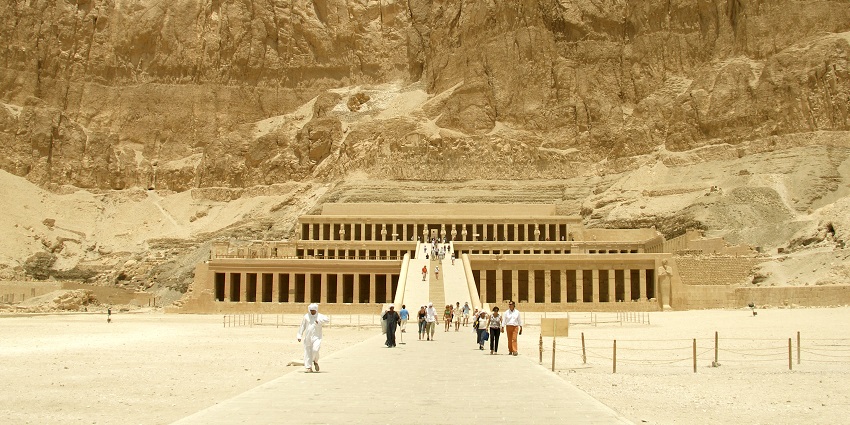
Photo: Vyacheslav Argenberg / Wikimedia Commons / Image For Representation Only
The Karnak Temple is located on the eastern bank of the Nile in Luxor, in southern Egypt. It is located 2.5 kilometres (1.5 miles) north of Luсor Temple as a part of the ancient city of Thebes. The complex extends over more than 100 hectares and incorporates the imposing Great Hypostyle Ha ll with its obelisks and deities’ sanctuaries.
Suggested Read: Places To Visit In Cairo
How To Reach Karnak Temple
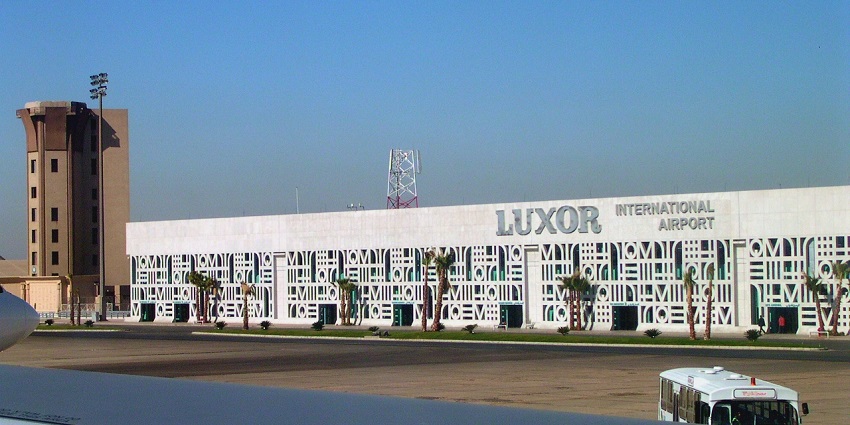
Photo: Charlesdrakew / Wikimedia Commons
By Air: From the airport, board a taxi; it will generally not be more than 15 mins, and you will reach Karnak Temple within 10 km.
By Road: The rides from either the city centre or the airport will be around a quarter of an hour long, with taxis and rentals available. A little cheaper transport from the town of Luxor is horse-drawn carriages and minibuses for transport from the town to Karnak Temple.
By Nile Cruise: Many Nile cruises dock at Luxor and organise tours of Karnak Temple.
Places To Visit Near Karnak Temple
Here are the list of places that your can discover near the Karnak Temple in Egypt:
1. Luxor Temple
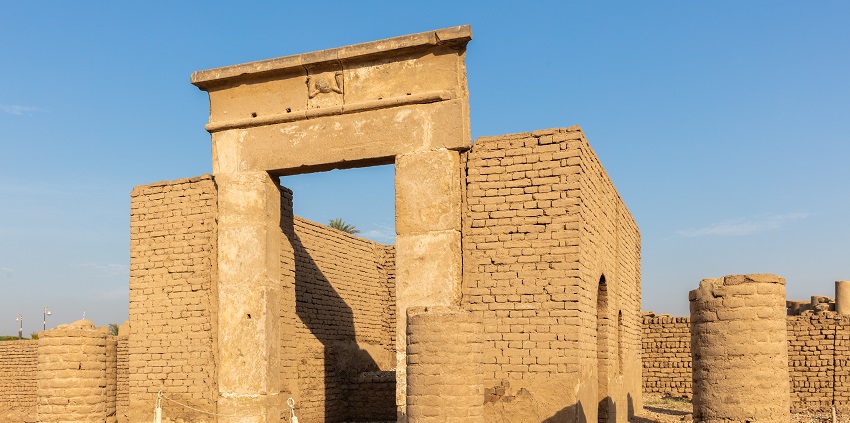
Photo: Diego Delso / Wikimedia Commons
Luxor Temple is a grand ancient building, 2.5 km away from the worldly grandiosity of the Karnak Temple for kingship’s revival. It is linked with the Karnak via the Avenue of Sphinxes and moves to a more fabulous state. Some highlights include the Colonnade of Amenhotep III and gigantic statues of Ramses II. It is an absolute must-visit due to its joining of Pharaonic, Roman, and Islamic influences. You will find it fascinating to explore the courtyards, pylons, and beautifully inscribed walls, well-preserved with tales of history to tell.
Timings: 6 AM – 10 PM
Things To Do: Explore the temple, Visit the Obelisk of Ramses II
Suggested Read: Uncover These Majestic Thinngs To Do In Egypt On Your Trip To The Land Of Pharaohs
2. Valley Of The Kings
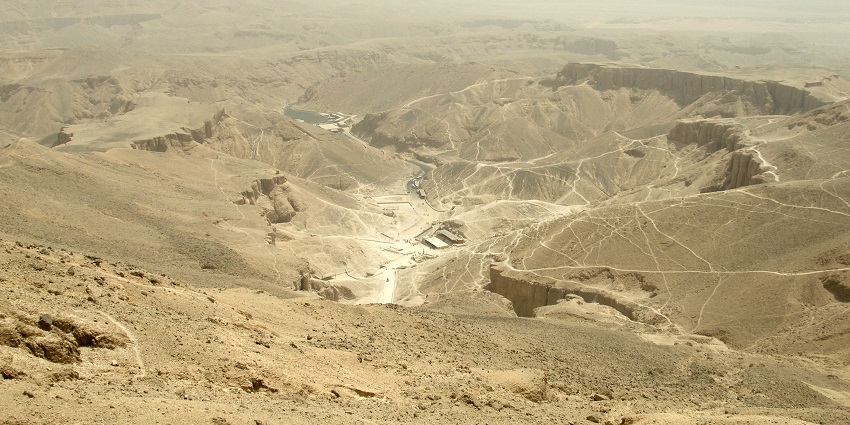
Photo: Vyacheslav Argenberg / Wikimedia Commons
The Valley of the Kings is about 30 minutes from Karnak Temple on the western bank of the Nile. It is an archaeological trove containing over 60 tombs of pharaohs; amongst them is the renowned tomb of Tutankhamun. Its exquisitely painted walls and ceilings are rich with information about ancient Egyptian beliefs and funerary practices. Very well organised for tourists, many tombs are open to you on a rotation basis.
Timings: 6 AM – 5 PM
Things To Do: See the wall paintings, Explore Tutankhamun and Seti I
3. Colossi Of Memnon
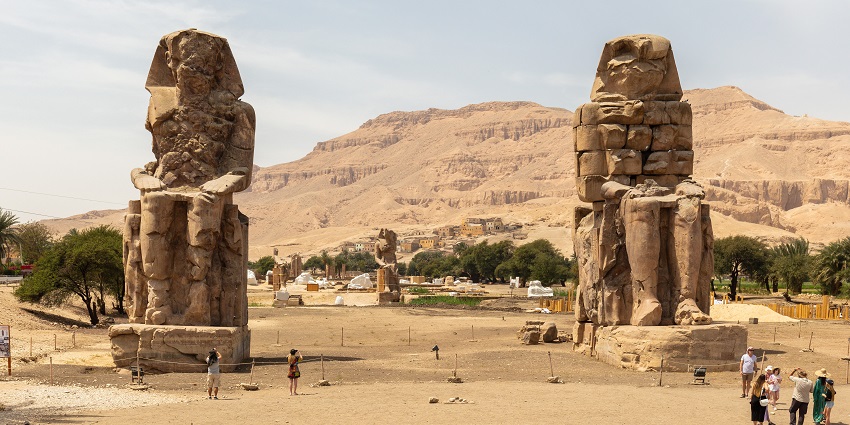
Photo: Diego Delso / Wikimedia Commons
About 18 km from Karnak Temple lie the towering ruins of the Colossi of Memnon, a pair of colossal stone statues erected in honour of Pharaoh Amenhotep III. Each stands an imposing 18 meters high. For more than 3,000 years, they have greeted the riverine wastelands of Luxor’s west bank. The statues were originally part of a grand mortuary temple but are now iconic ruins appealing to history buffs. Tourists are intrigued by those two mythical statues that once “sang,” due to the gusts of wind in the morning light, though that lovely sound can no longer be heard today. You can visit this place for free and spend 30-45 minutes.
Timings: 24*7
Things To Do: Admire the statues, Take pictures
Suggested Read: Things To Do In Hurghada
4. Hatshepsut Temple
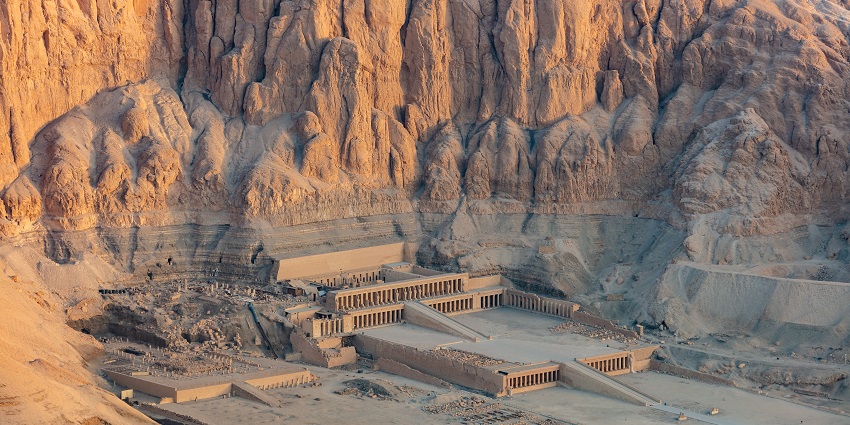
Photo: Diego Delso / Wikimedia Commons
One of the magnificent architectural wonders of the world, the temple of Hatshepsut, located about 25 km from Karnak Temple, is dedicated to Egypt’s first female pharaoh. Located at the foot of the Deir el-Bahari cliffs, the temple is known for its imposing terraces, statues, and detailed reliefs. You can see scenes of Hatshepsut’s divine birth and trading expeditions to Punt. This majestic place receives a lot of tourist attention because of the soothing surroundings and its historical significance.
Timings: 6 AM – 5 PM
Things To Do: Visit terraced structures, Admire colonnades
5. Luxor Museum
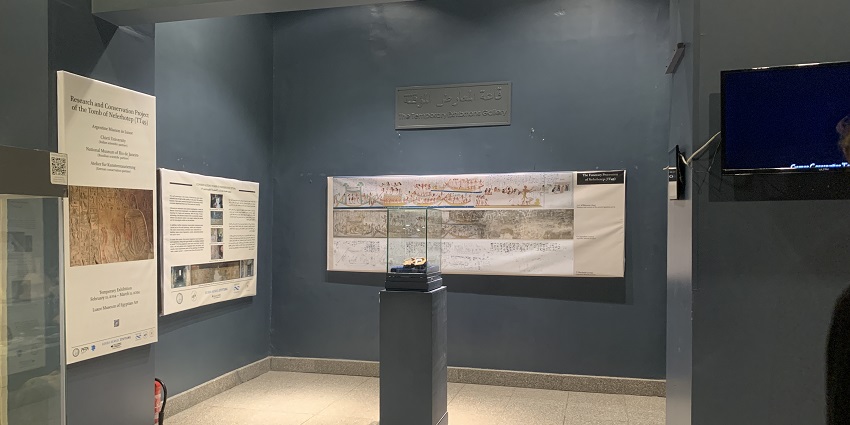
Photo: Marsupium / Wikimedia Commons
Located along the Corniche in Luxor, Luxor Museum is about 3 km from Karnak Temple. Gifts from the Theban area are carefully displayed in this museum. The museum provides a very close and organised view of ancient Egyptian art and history, with statues, jewellery, and tools from the Karnak and Luxor temples on hand. Other highlighted artefacts are the mummy of Ahmose I and the statuary cache found at Karnak.
Timings: 9 AM – 9 PM
Things To Do: Explore artefacts, Visit tombs
Suggested Read: Celebrate Valentines Day In Egypt
Where To Stay
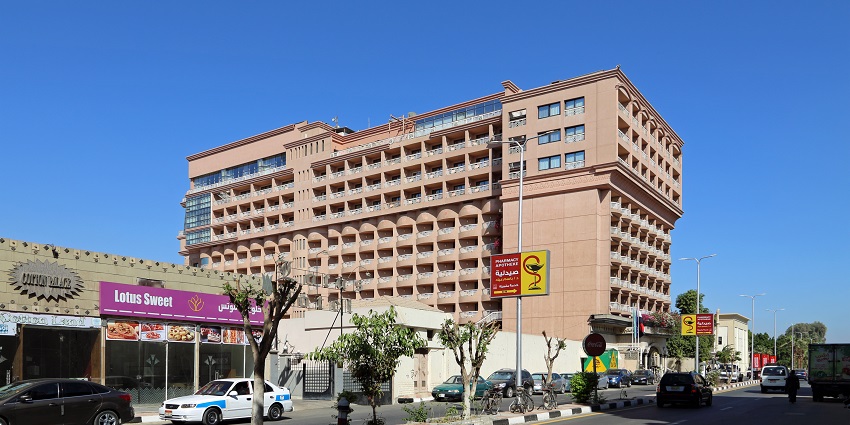
Photo: Marc Ryckaert / Wikimedia Commons / Image For Representation Only
You can get accommodation in Luxor to fit every budget, whether planning for luxury, mid-range, or budget. The Sofitel Winter Palace is a luxurious and historic hotel renowned for luxurious rooms amiably set among wonderful gardens. For mid-range travellers, the Steigenberger Nile Palace has modern services and accommodates one of the major views of the river. For lower- or budget-type travellers, the Nefertiti Hotel, with its quaint rooms, warmth, and magnificent rooftop view, is ideal. Most of the hotels are only a few minutes’ drive away from Karnak Temple, which can thus be conveniently explored.
Where To Eat
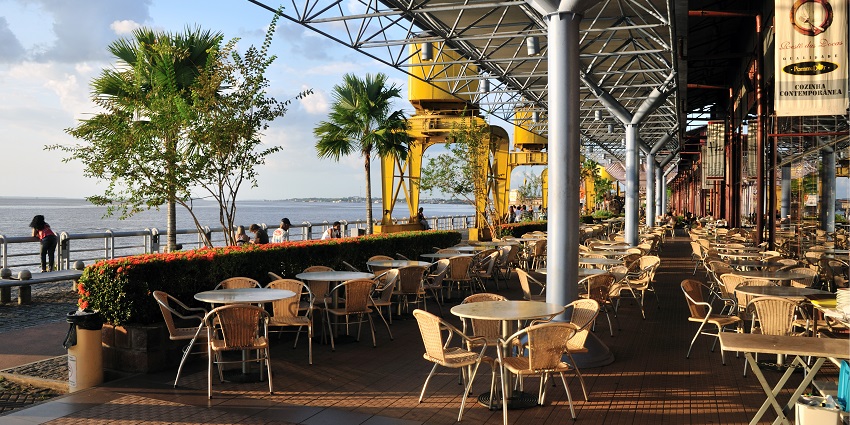
Photo: Cayambe / Wikimedia Commons / Image For Representation Only
Dining in Luxor is on offer with a range of delicacies. Wherever good local cuisine is on the menu, Sofra Restaurant & Café is famous for its hearty tagines and mezze. Aboudi Coffee Break is a small café on the road close to Luxor Temple that has quick snacks and drinks. Gourmets can treat themselves at 1886 Restaurants with French and Mediterranean cuisine. All will enjoy local delicacies prepared by street vendors: koshari and falafel. There are many eating places there offering a delightful way of refuelling widely dispersed around the temple for ease and fullness at the closing of the day’s explorations.
Suggested Read: Uncover The Underwater Wonders Of The Red Sea
Other Factors To Consider
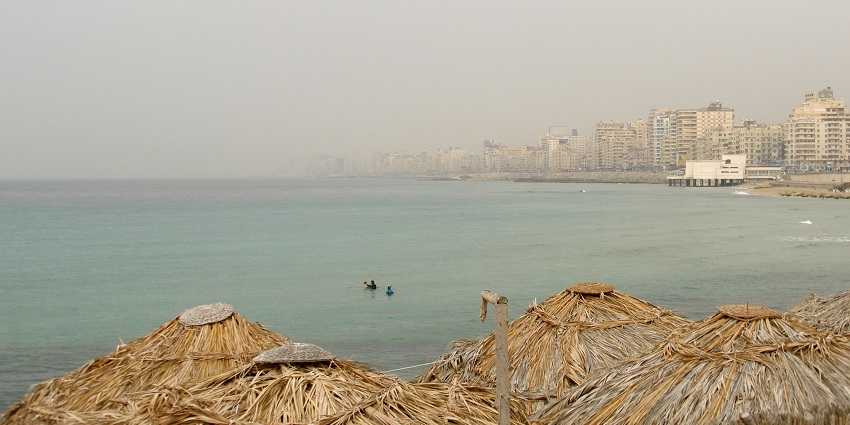
Photo: Vyacheslav Argenberg / Wikimedia Commons
Here is a list of some factors that travellers should consider while on their trip to Karnak Temple:
- Guided Tours: A guide sometimes makes all the difference by providing the historical context and a real appreciation for the temple’s architecture and its significance.
- Appropriate Clothing: It is best to wear comfortable and modest clothing. Even during the cool of the year, it can sometimes get quite hot.
- Photo-Friendliness: While photography is allowed in the temple, usually tripods and drones are prohibited without special permits.
- Water: If it is hotter than average, bring water with you while wandering through the temple complex.
The Karnak Temple stands as a magnificent monument to the glory and ingenuity of ancient Egyptian civilisation. It invites you to take a walk back in time and relish the architectural brilliance. Beyond the historical significance, the temple presents an opportunity for a being moment between the world itself and offerings made to God by good men during their lives. it celebrates creativity and devotion in the time. You must visit this place with TripXL and make it a memorable trip.
Cover Photo: Hamerani / Wikimedia Commons


 WhatsApp
WhatsApp
 Twitter
Twitter









